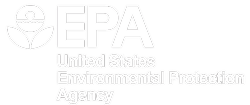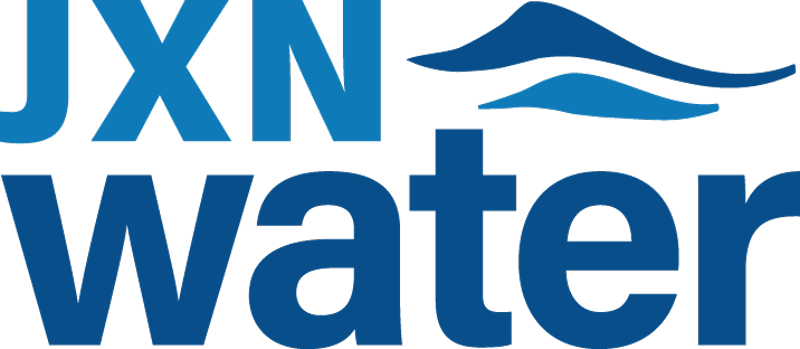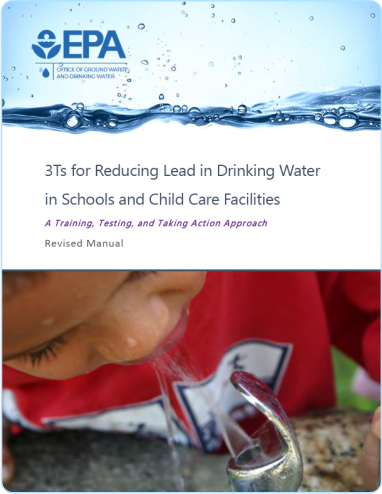How JXN Water is Supporting Schools and Childcare Facilities
JXN Water is dedicated to helping schools and childcare facilities maintain safe, high-quality drinking water. While our water meets all federal and state standards when it leaves JXN Water’s treatment plants, lead can still enter water through older plumbing, faucets, and fixtures inside buildings. The only way to know if lead is present is to test the water.
Currently, lead testing is not required, but starting in November 2027, JXN Water will be required to offer lead testing at elementary schools and licensed childcare facilities under the United States Environmental Protection Agency’s (EPA) Lead and Copper Rule Improivements (LCRI).
JXN Water Partneres with SipSafe to Protect Children Health
To provide testing now, JXN Water has partnered with SipSafe, a program led by the Mississippi State University Exension Service and funded by the EPA. SipSafe offers free, voluntary lead testing and funding to replace fixtures if needed at qualifying schools and childcare facilities.
Why Test for Lead Now?
Through the SipSafe program, eligible elementary schools and licensed childcare facilities can:
Get free lead testing at all drinking water outlets
Receive funding to replace faucets or fixtures if elevated lead levels are found
Get expert guidance to understand results and take appropriate action
Address potential lead issues and help protect the health of children and staff



The EPA’s 3Ts
The EPA’s 3Ts for Reducing Lead in Drinking Water (Training, Testing, and Taking Action) provides guidance for schools and childcare facilities to implement voluntary programs for reducing lead in drinking water. The SipSafe program follows this approach.
For more details on the SipSafe program, visit their website.
How to Sign Up
JXN Water and SipSafe are actively reaching out to eligible schools and childcare facilities to offer free lead testing.
You can also contact SipSafe directly by email [email protected] or phone 662.325.0520.
JXN Water is committed to prioritizing the health of children, who are especially vulnerable to lead exposure.
We will update this webpage with more information as it becomes available. For additional details, visit our Lead Awareness and Public Education Program website or contact us at 601.550.5200.
For more information, visit:
- SipSafe | Mississippi State University Extension Service
- EPA’s Final LCRI Technical Fact Sheet: Lead in Schools and Child Care Facilities
- 3Ts for Reducing Lead in Drinking Water | US EPA
- Protecting Children from Lead Exposures | US EPA
- Lead Poisoning Prevention | Mississippu State Department of Health


